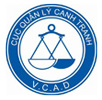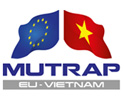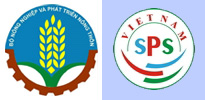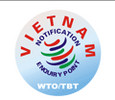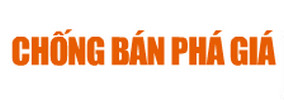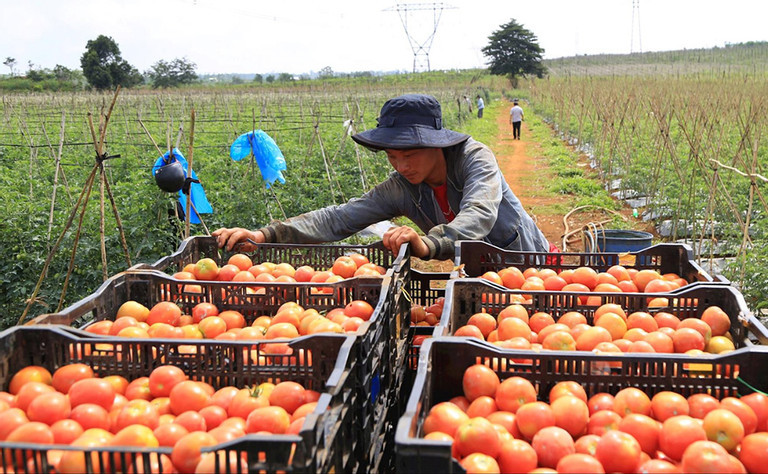
Vietnam’s farm exports have been given warnings by import countries. Farmers and exporters have been told that their products may face refusal if they do not improve the quality of produce.
The Vietnam Trade Office in Belgium and the EU have pointed out the EU’s new regulation on emergency and temporary measures to ensure food safety applied to certain imports.
Vietnam’s pepper, instant noodles and durian exports to the EU will be subject to border supervision with examination frequency rates of 50, 20 and 10 percent, respectively.
This is the first time that Vietnam’s durian exports to the EU have had to be inspected at border gates to look for plant protection chemical residue of 10 percent.
Also under the new regulation, dragon fruit will still be in Appendix II (Vietnam-issued certificate for quality is additionally required) with inspection frequency rates of 50 and 20 percent at the EU border gates.
In 2023, the EU issued warnings of violations to Vietnam’s farm exports.
SPS Vietnam (Vietnam Sanitary and Phytosanitary Notification Authority) reported that in the first 10 months of 2023, the EU gave 55 warnings to farm and food imports from Vietnam. Vegetables and fruits were the most frequent, with 23 cases, followed by seafood with 19 cases, and sweets with 13 cases.
The products were given warnings for excessive chemical residues and mold.
In December 2023, the Vietnamese Trade Counsellor in Japan reported that the Japanese phytosanitary agency took samples from two consignments of durian and chili from Vietnam and discovered plant protection chemical residue. Both consignments were asked to be discarded.
In October 2023, warnings were released on the EU’s notification system about the high content of Carbaryl (pesticide) found in Vietnam’s bon bon which could harm human health.
Prior to that, in July 2023, China released a warning about violations of the regulation on required quarantine of bananas, jackfruit, dragon fruit and durian from Vietnam.
In April 2023, a consignment of chili exported to South Korea was recalled after plant protection chemical residues was measured higher by 10 times than the permitted level.
Barriers
In 2023, Vietnam exported $53.1 billion worth of farm, forestry and seafood produce. The produce is present in 200 markets all over the world and the quality has improved to satisfy the requirements of choosy markets such as Japan, the EU and US.
However, it is getting more difficult to enter foreign markets that have increased required standards and imposed technical barriers to restrict imports.
China, for example, has tightened control over farm imports across border gates with Order 248 and 249 on "regulations on management of registration of foreign food production enterprises".
The EU has issued regulations against IUU (illegal, unreported, unregulated) fishing; and introduced the EU Deforestation Regulation (EUDR) prohibiting farm produce imports generated on land sourced from deforestation or forest degradation, which is to take effect in December 2024.
According to officials from the Ministry of Agriculture and Rural Development (MARD), it takes 5-10 years on average to prepare documents and negotiate with partners to open up a new export market.
But when Vietnam’s produce is discovered violating regulations set by importing countries, the produce will be refused or discarded.
If Vietnam repeats the violations, this will negatively affect Vietnam’s exports. More seriously, Vietnam may lose markets that it spent a lot of time and resources to enter.
China, for example, temporarily stopped importing fresh chili for a long time. In 2020, it also suspended the import of mango from Vietnam’s growing areas and packaging facilities for violations.
In order to retain export markets, Vietnam has to strictly observe regulations set by importing countries. If not, the doors to the markets will close.
Deputy Minister of Agriculture and Rural Development Tran Thanh Nam at the conference reviewing SBS Vietnam’s tasks in 2023 said import markets have strengthened regulations on animal and plant quarantine, and food safety.
The latest moves include China’s imposition of regulations on spiny lobster imports associated with requirements on wildlife protection; Europe’s regulation on agricultural materials without certificates on emissions reduction; and regulations on standardized nutrition and social responsibility of enterprises.
Source: Vietnamnet
Keyword: China, regulation, MARD



